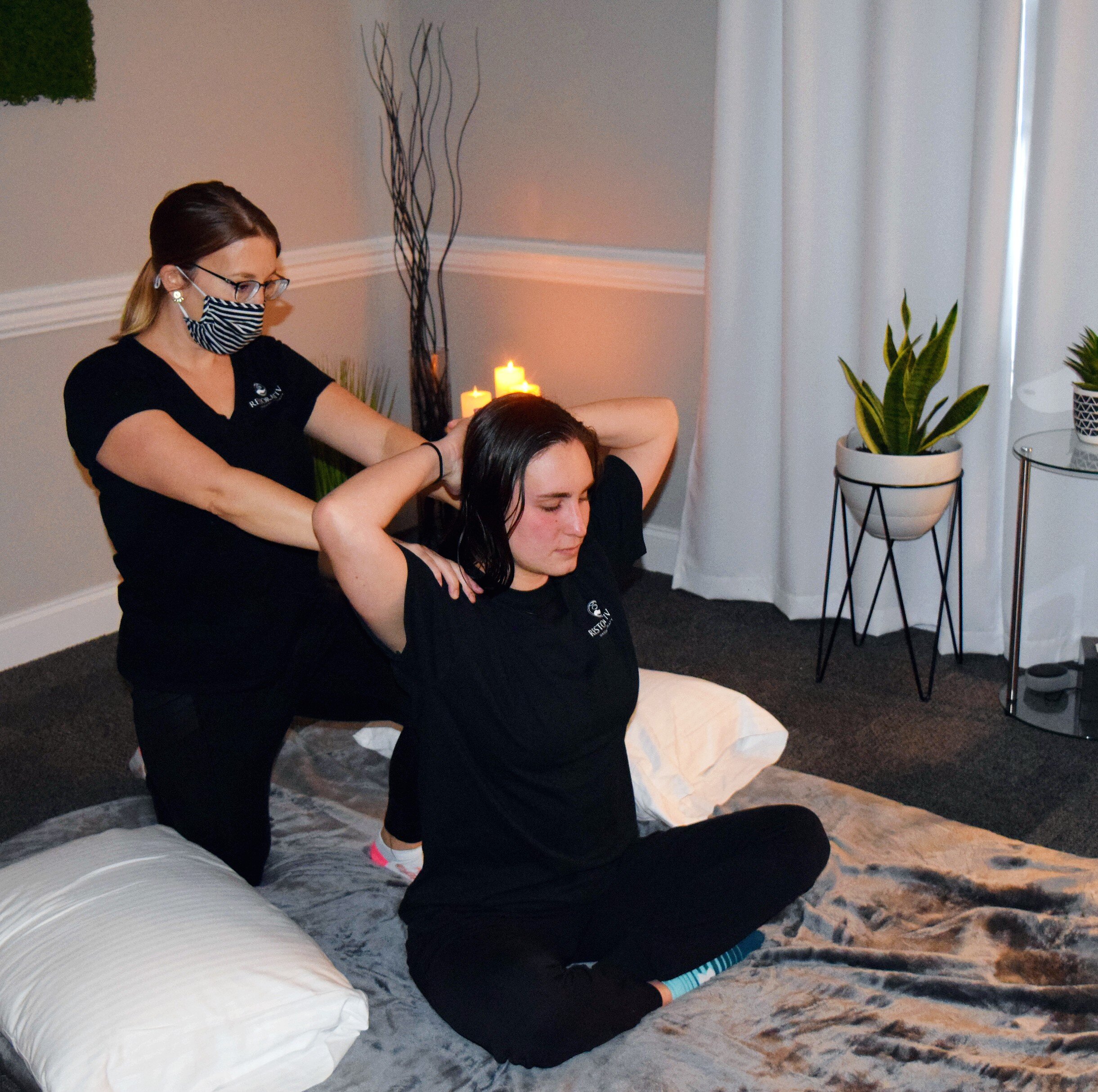Those who stop smoking weed often experience feelings of anxiety and jitteriness. Some people even experience panic attacks. These are normal withdrawal symptoms and are common. Quitting marijuana can affect a person’s overall mental health, as well as pre-existing conditions. To prevent these side effects, try to remember that these feelings are temporary and will pass. If you have any doubts about quitting, talk to a family member or licensed therapist.
Once a stoner stops smoking, it’s important to keep in mind that cannabis withdrawal symptoms usually disappear within a couple of days. Marijuana residues are fat-soluble and therefore accumulate in fatty tissues. When these substances are burned, they are released into the bloodstream again. The drug residues travel to the brain, where they trigger cravings and anxiety. Some people experience panic attacks and sweating and can’t eat or concentrate. These symptoms are not life-threatening. They tend to dissipate in about two weeks.
People who are accustomed to using marijuana report suffering from intense cravings, especially if they are chronic users. Depending on how long they smoked, marijuana withdrawal can last for months or even a year. During this time, they may be depressed or anxious. While this withdrawal period can be uncomfortable, many people report an overall improvement in their quality of life. However, it is important to remember that these feelings are only temporary.
The effects of marijuana withdrawal are often worse than the high associated with the drug. Although the effects last a few weeks, they can be intense. Those who quit weed report dramatic improvements in their quality of life. It is important to consult a physician, especially if you are experiencing extreme depression and anxiety. A doctor may recommend benzodiazepines as a way to ease the withdrawal symptoms. These drugs, however, can lead to dependence. Another option is cognitive-behavioral therapy, which uses cognitive-behavioral techniques to treat anxiety and depression.
Those who are trying to quit weed should write down their priorities and their plans. These things should be important to them and they should prioritize them. They may not be able to do their jobs or attend school if they stop smoking. If you have an important relationship with someone who does not smoke, it is also vital that you communicate with them. It is important to share your feelings and experiences with friends who do not smoke.
Once a stoner stops smoking, he or she may experience intense cravings and other unpleasant symptoms. The drug is fat-soluble, so the drug residues get stored in fatty tissues and travel back to the brain. When a stoner quits marijuana, the body releases these residues, which can cause a person to have anxiety and panic. A person who is addicted to marijuana is likely to have these symptoms.
The effects of quitting marijuana can be hard to overcome. It can make people feel depressed, and can even lead to panic attacks. In the long term, quitting marijuana can lead to a drastic improvement in quality of life. You can also start thinking about your new habits, such as working more or having more friends. And while you are trying to quit, remember that it is important to focus on those things that matter most to you.
The first thing you need to do when you quit smoking marijuana is to make a list of what is important to you. Think about all the other aspects of your life you want to maintain. How will you cope if you are unable to smoke marijuana? It can be difficult to stop if you don’t have any support. There are many ways to quit. You can use the help of a support group or go online to look for other people who have quit.
Having a support network is one of the best ways to cope with the withdrawal symptoms. Since marijuana is a fat-soluble substance, it causes a person to develop a dependency on the drug, leaving them prone to cravings. If you are a heavy marijuana user, you may have severe anxiety when you stop smoking. You may feel anxious and jittery and unable to concentrate.







